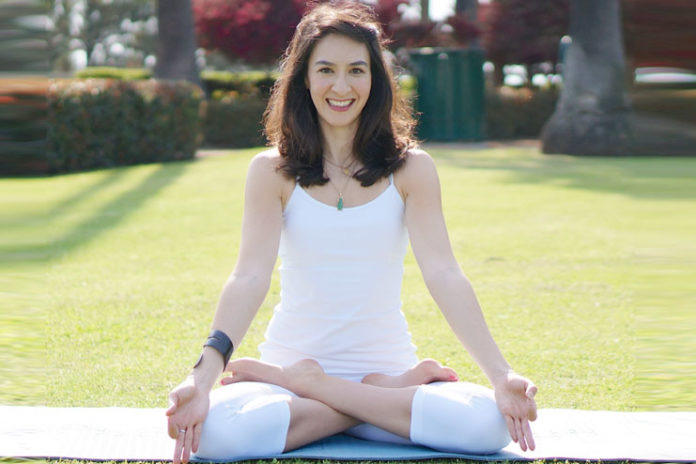Affiliate Disclaimer
Some links in this article are affiliate links. We may earn a small commission if you make a purchase through these links, at no extra cost to you. We only recommend products we find useful to our readersYoga is basically a group of mental, physical, and spiritual practices or disciplines which originated in ancient India. The origin of yoga is believed to be speculated to the pre-Vedic Indian traditions. It is also believed to be mentioned in Rigveda. According to Vedic Sanskrit, yoga means “to add”, “to unite” or “to attach”. padmasana or the lotus pose, is one such yoga that can benefit.
The ultimate goal of yoga is believed to be moksha or liberation. Yoga gurus from India introduced yoga to the west in the 20th century, following the success of Swami Vivekananda. During the 80s, yoga became a very popular form of physical exercise in the Western world.
Padmasana or The Lotus Pose
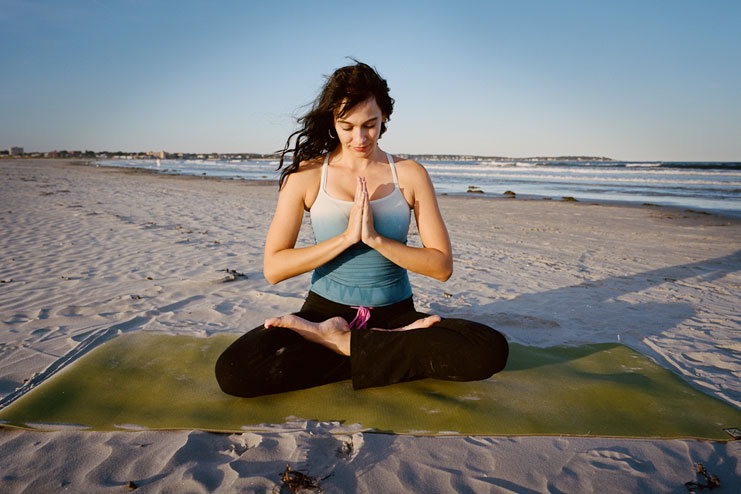
There are so many different types of asanas in yoga and Padmasana is one of them. It is simple as well as easy asana to perform. Doing any type of asana is involved with a lot of importance that is attached to it being conscious as well as alert of what is being done. Relaxation and concentration play a very important role while performing Yogasanas. Padmasana or the lotus pose is one of the most easy and suitable asana for contemplation as well as meditation.
Yoga For Muscles Strengthening
In today’s lifestyle working in the office or sitting for long, becomes one of the most common type of problem. They do not get a chance to sit folding their knees. So, keeping legs in the same position for a long time can be harmful. If it is not possible to do Padmasana or the lotus pose in office then you can try to move your feet in a clockwise or an anti clockwise direction at a regular interval for a few minutes. Try not to sit in the chair continuously for a very long time. At regular interval, try to stand up and walk.
Padmasana too provides a very good workout. It is also good for your mind as well as for your breathing, can condition your body to the core, and also increase the flexibility. Using yoga only for your body weight can be challenging when you start doing Padmasana when the muscles starts to adapt. The regular practice of this posture can aid to the betterment of body and soul.
Padamam, also means Lotus and asana can also indicate the seat which in turn can indicate sitting in a position without any kind of movement. It is very important to be alert as well as be conscious while doing any kind of yoga asanas, and your mind must be relaxed and also concentrate on practicing yoga.
1How to perform Padmasana
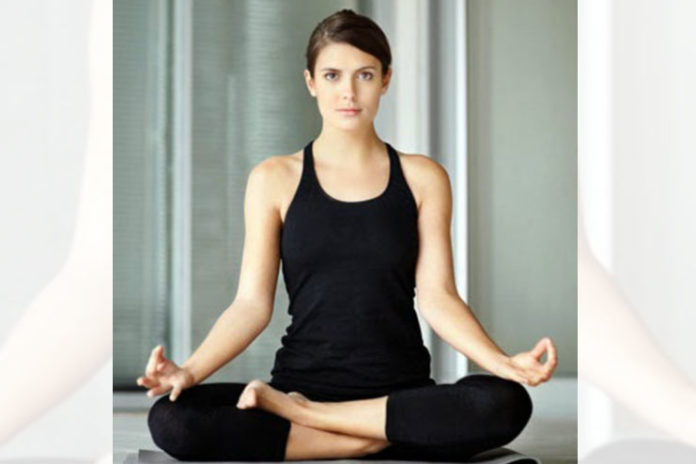
- Start with sitting on the floor or even on the mat with your legs stretched out in front, while keeping the spine erect.
- Then gently try to bend the right knee and later placing it on your left thigh. Be sure that the sole of your feet is pointing upward and your heels is close to your abdomen.
- Now, try to repeat the same step with your other leg gently.
- With your both the legs crossed and the feet then placed on your opposite thighs, place the hands on your knees in the mudra position.
- Remember to keep the head straight as well as the spine erect.
- Hold and then continue with long breaths in and out.
2For beginners
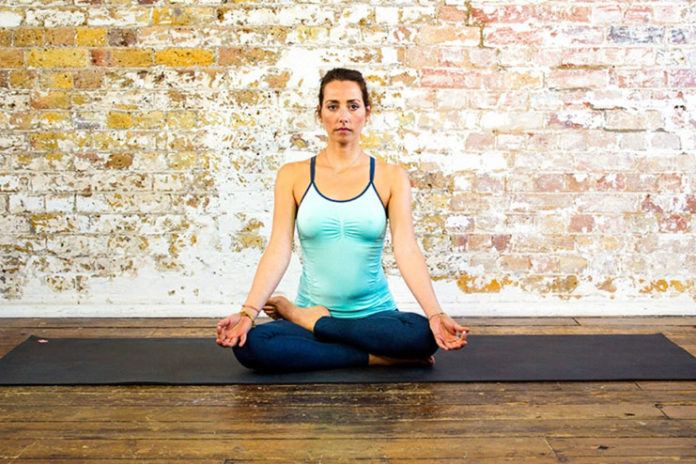
3Who should not perform Padmasana
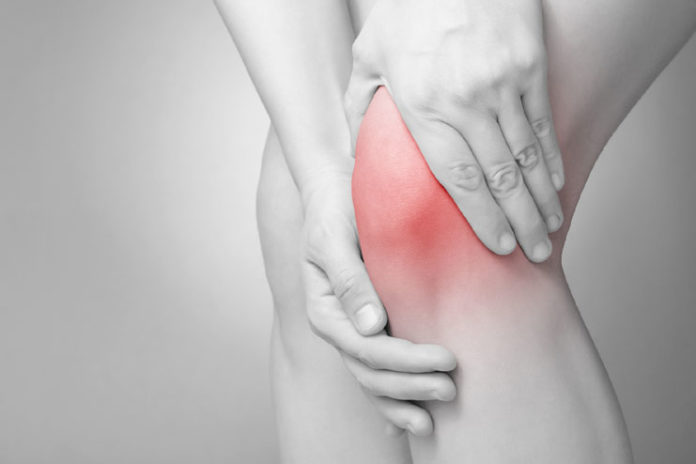
4Benefits of the Padmasana

- It can help in improving the digestion
- It can reduce the muscular tension as well as bring the blood pressure under control
- It can also relax your mind
- Can help pregnant women during the childbirth
- Can also reduce the menstrual discomfort
5Mudras for Padmasana
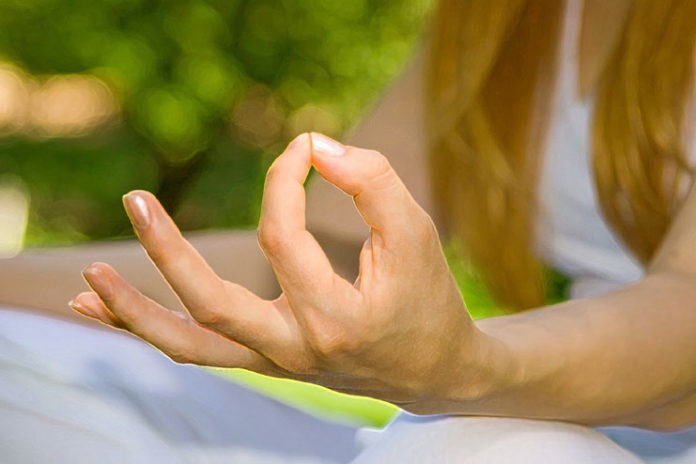
Yoga Asanas to Tone your Lower Body
By –





























